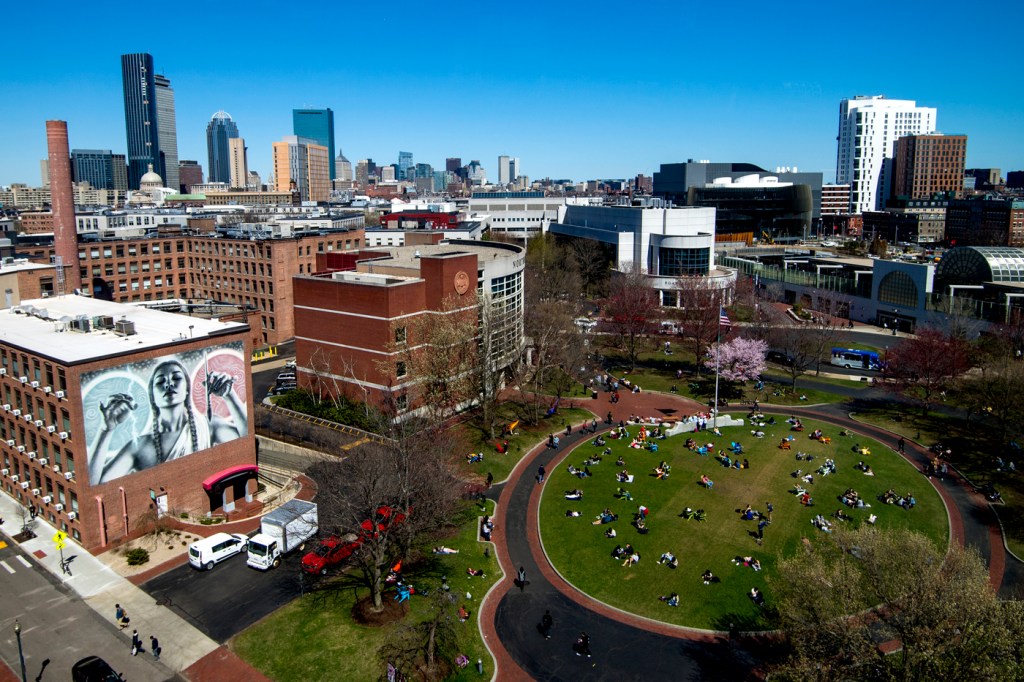Northeastern University moves to online learning at its Boston campus

In light of the COVID-19 pandemic, and following the guidance of public health authorities, as well as the expertise in infectious diseases of its own faculty, Northeastern University will move to online teaching for students at its Boston campus starting Thursday, March 12. Students currently working on co-op are not affected by the move to online and remote instruction on the Boston campus.
The shift to online learning does not mean that students in Northeastern residence halls need to move out. While students may elect to do so, the university is “committed to maintaining continuity of campus life for those who elect to stay,” Joseph E. Aoun, president of Northeastern, wrote in a message to students, faculty, and staff.
“We are seeking to preserve the essence of a Northeastern education—including current co-op placements—while also taking prudent steps to reduce the risk of infection within our community,” Aoun wrote.
Aoun added that as of Wednesday, March 11, there was no evidence that COVID-19 had infected a member of the Northeastern community.
“Nevertheless, we must focus on prevention, not just containment,” Aoun wrote. “We owe it to each other—and everyone in the Northeastern family and beyond—to take all practical steps to minimize the risk of infection and community transmission.”
The Boston campus joins Northeastern’s Seattle and San Francisco Bay Area campuses in the move to online teaching and learning.
Aoun wrote that the decision to move online for students on the university’s Boston campus—its largest and most complex operation—was not made lightly. The president and members of Northeastern’s COVID-19 task force followed the guidance of public health officials, as well as the wisdom of some of the world’s leading experts on the spread of infectious diseases—experts who are indeed members of Northeastern’s faculty.
The university will maintain its current staffing levels, except for faculty and staff who are in groups deemed to be at heightened risk. Individuals in high-risk groups include those who are 60 years of age or older; people with underlying health conditions such as heart disease, lung disease, kidney disease, cancer, or diabetes; people who have weakened immune systems; and people who are pregnant.
Additional university updates to students, faculty, and staff will be issued via email and posted to the dedicated COVID-19 website.
“In the coming days and weeks, we will continue to join together to support one another,” Aoun wrote. “Ultimately, the solution to all of society’s challenges—be they intolerance, climate change or infectious disease—is the learning and discovery of new knowledge. We are well positioned to take on this challenge.”
For media inquiries, please contact media@northeastern.edu.




